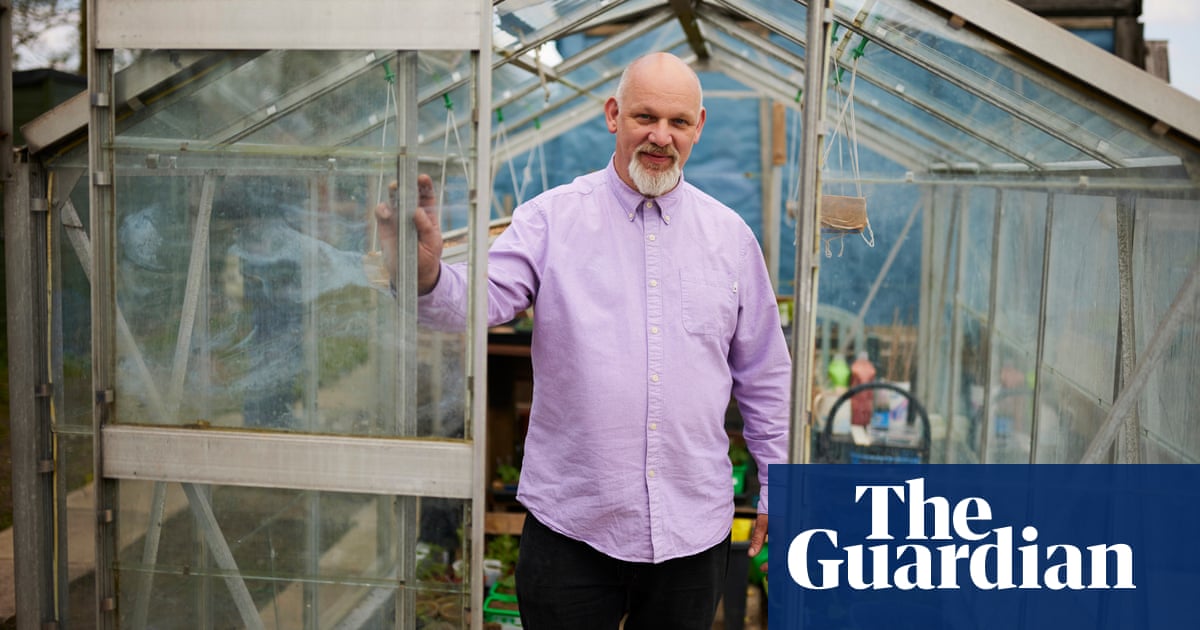
Factory costs jumped at a record rate in June, fuelling concerns that goods made in Britain will soar in price in the second half of the year.
Manufacturers paid higher prices for essential components and raw materials than in April and May, when there were also record increases, according to the IHS Markit monthly survey of the industry.
Make UK, the industry lobby group, said its members had held back from increasing prices earlier in the year while they waited to see whether the cost of raw materials and components would continue to rise, but that they were now passing on significant charges to consumers because it was clear the trend was likely to continue for much of the year.
James Brougham, an economist at Make UK, said a combination of factors was harming the ability of factories to source components at pre-pandemic prices, including spiralling global demand as lockdown measures ease and supply shortages made worse in the UK by delays at ports after the Brexit deal with the EU in January.
He said: “Manufacturers are now raising their selling prices at a record rate as their margins struggle to accommodate the pace of rising costs.”
His comments followed a speech by the Bank of England governor, Andrew Bailey, at the Mansion House in London, who said inflationary pressures would persist for several more months, taking the rate of price increases above the central bank’s target of 2%.
He said, however, that price increases would be temporary and the UK was likely to revert next year from a speedy recovery to its previous trend of low growth and low inflation.
Highlighting the rapid bounce back of the UK economy, IHS Markit found that levels of production, new orders and employment were “among the best seen during the near 30-year survey history”.
The IHS Markit/Cips purchasing managers’ index dipped slightly to 63.9 in June, down from May’s record high of 65.6.












